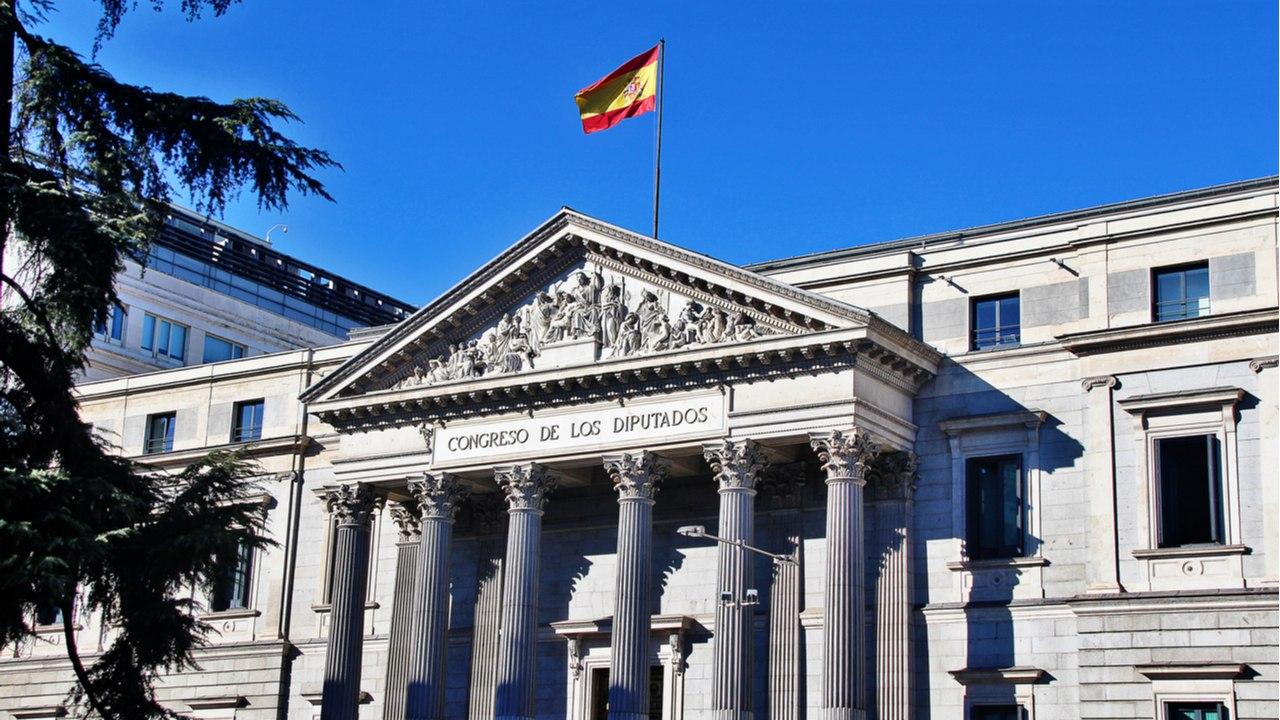
The Spanish parliament has introduced an amendment to the tax model 720 used to declare cryptocurrency and other holdings abroad, softening some of the penalties associated with it. The modification, which has not yet been approved, changes some of the harsher penalties that were declared illegal by the Court of Justice of the European Union last month.
New Model 720 in Parliament
An amendment of the tax model 720, which forced taxpayers to disclose crypto and other kinds of asset holdings outside of the country, was introduced in the Spanish Parliament on February 10th. The antifraud law which was approved last June dictates that cryptocurrencies abroad would have to be declared using this model.
The proposed amendment seeks to eliminate certain penalties in the previous model 720 that were declared illegal by the Court of Justice of the European Union last month. According to the old structure, debtors could pay up to 150% of their holdings abroad depending on the circumstances. Also, taxpayers had to pay fines of 5,000 euros ($5,675) for giving inexact, fake, or incomplete data in the digital currency tax statement. These tax debts never became prescribed, meaning that even after years the debtors would have to pay the accumulated debt.
New Definitions
The amendment for the new model 720 includes fixes for these items. One of the most important changes is that tax debts now become prescribed in four years, meaning that taxpayers will only be liable for the debts of the last four tax periods. Another of the significant changes that are proposed is the change in the fines that will be applied to taxpayers. From the aforementioned fines, the new sanctions go in line with what the current General Tax Law describes, ranging from 150 to 250 euros.
Also, the established 150% penalties disappear, something that the Court of Justice of the European Union had described as giving the model 720 an “extremely repressive character.” However, some things are maintained. The taxpayers have the obligation to report the cryptocurrency holdings they have abroad, and citizens that hide these assets in foreign lands will have to pay fines.
This “soft” model 720 will be used for declaring these taxes before March, when the period for presenting tax statements closes. It is unknown if the government will maintain this model for the future or if it will design a new model for the next year.
What do you think about the new tax model 720 and its softened penalties? Tell us in the comments section below.















